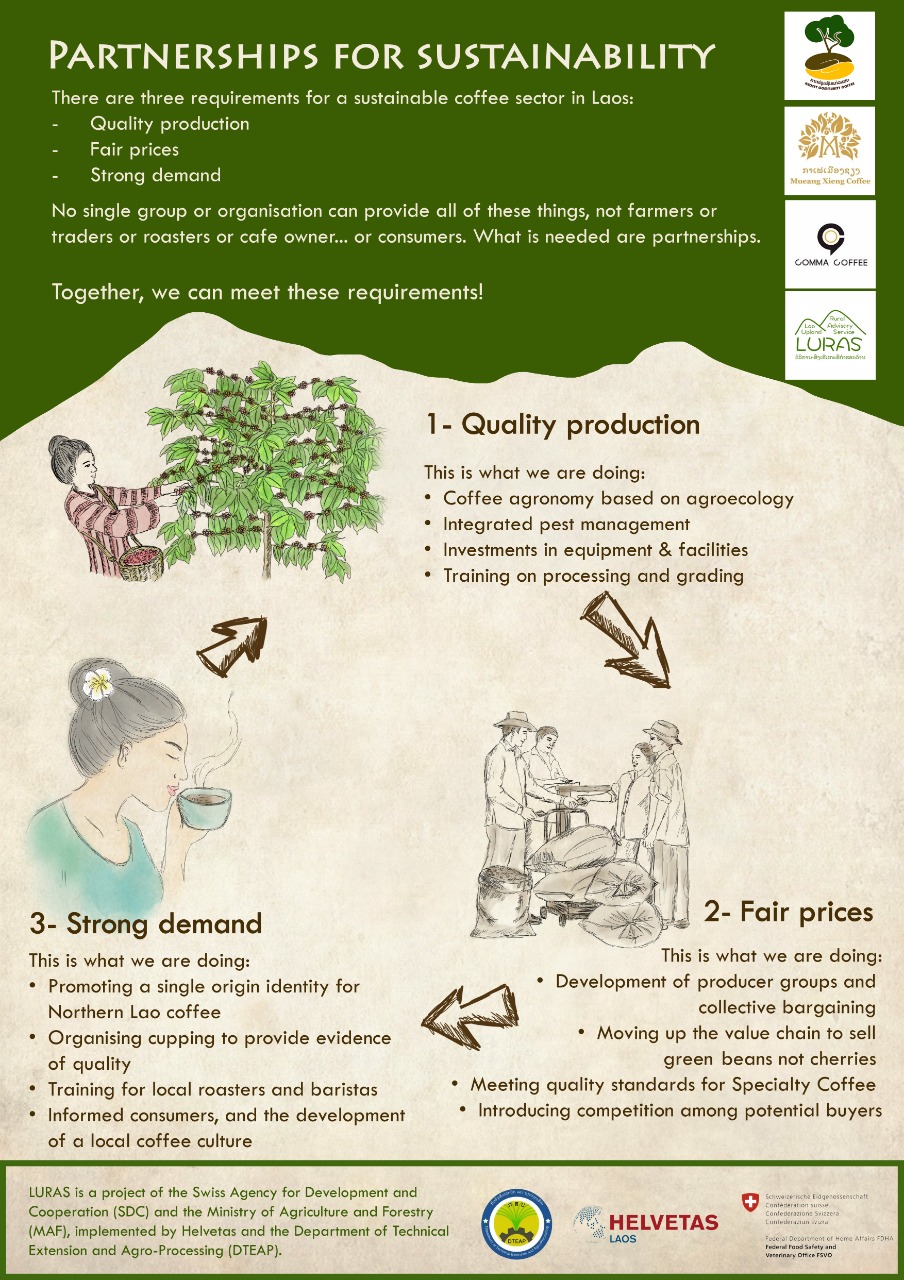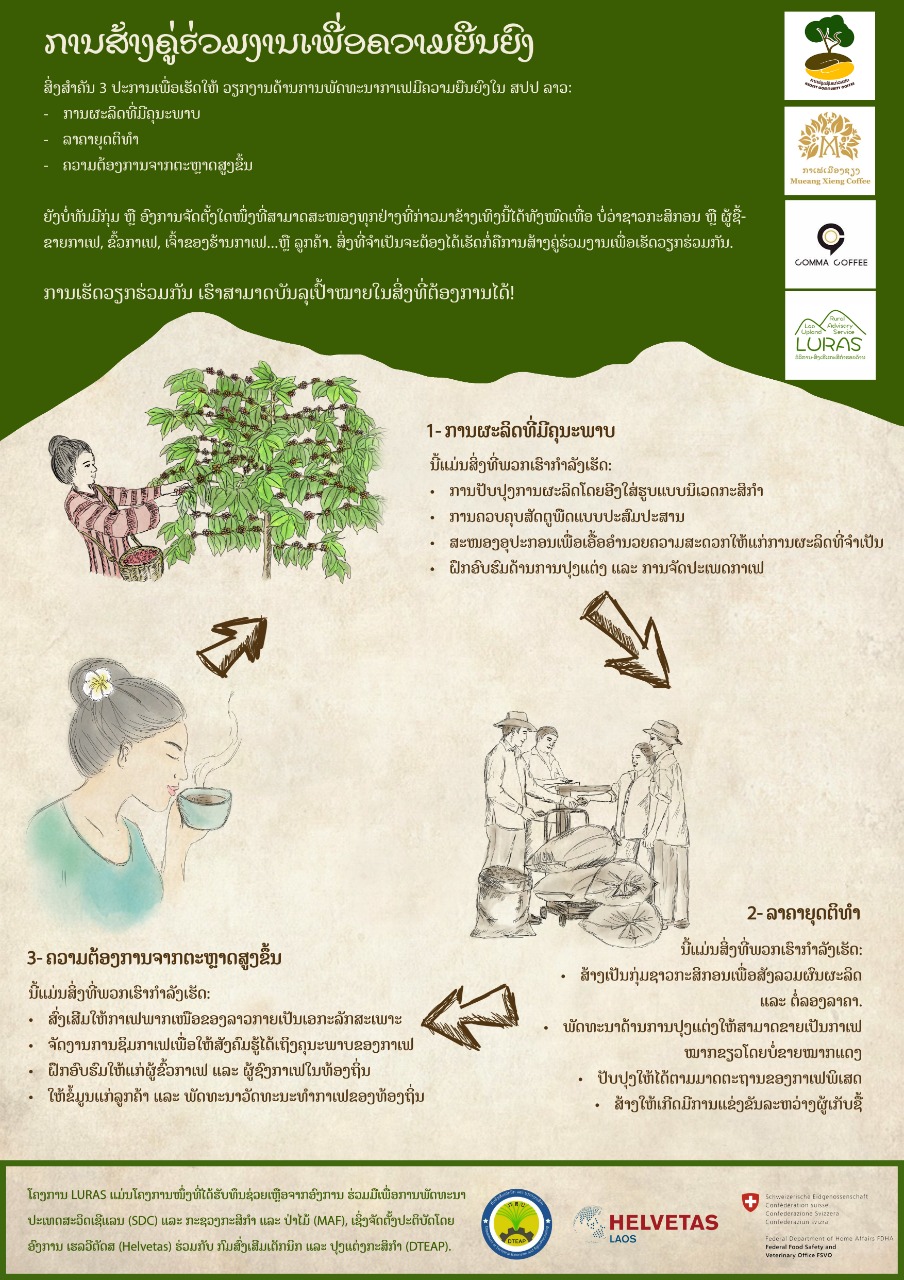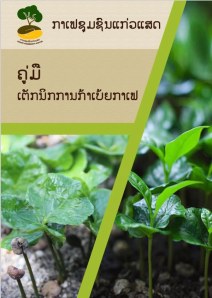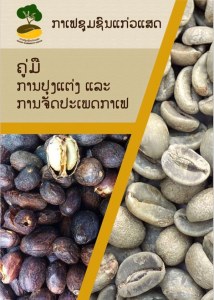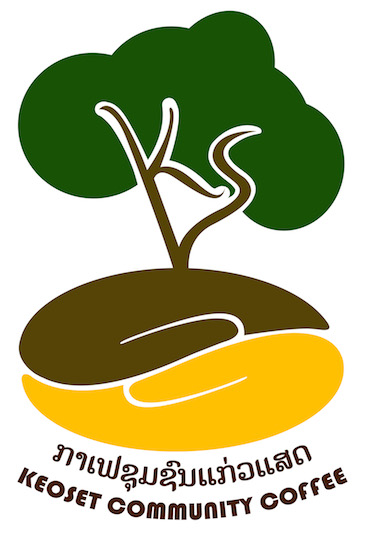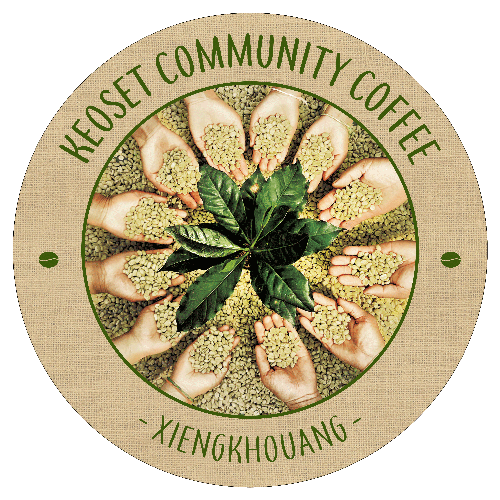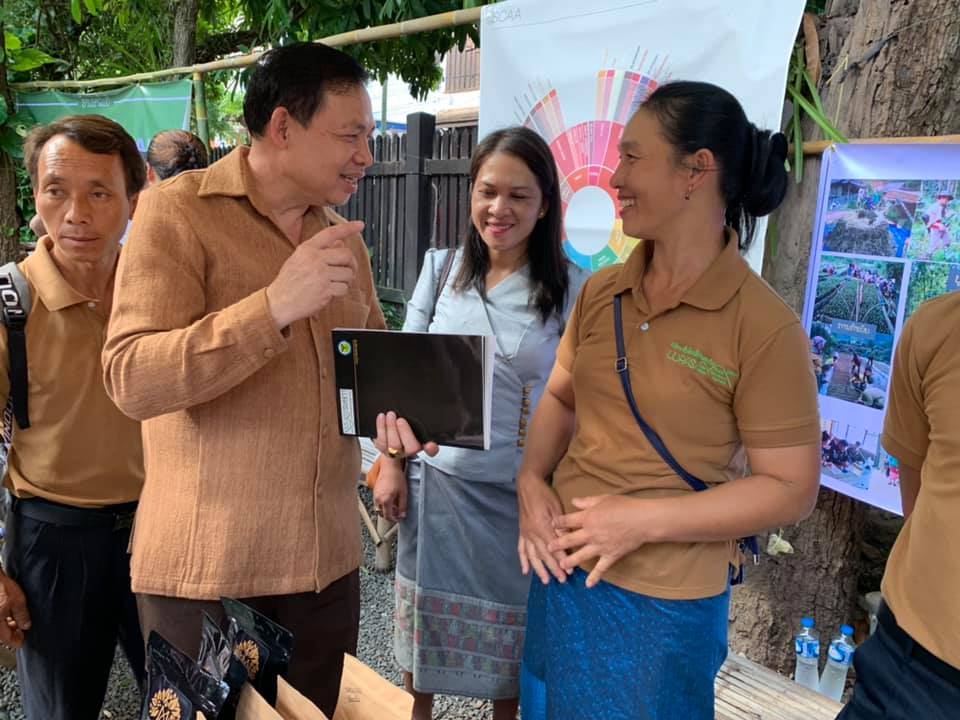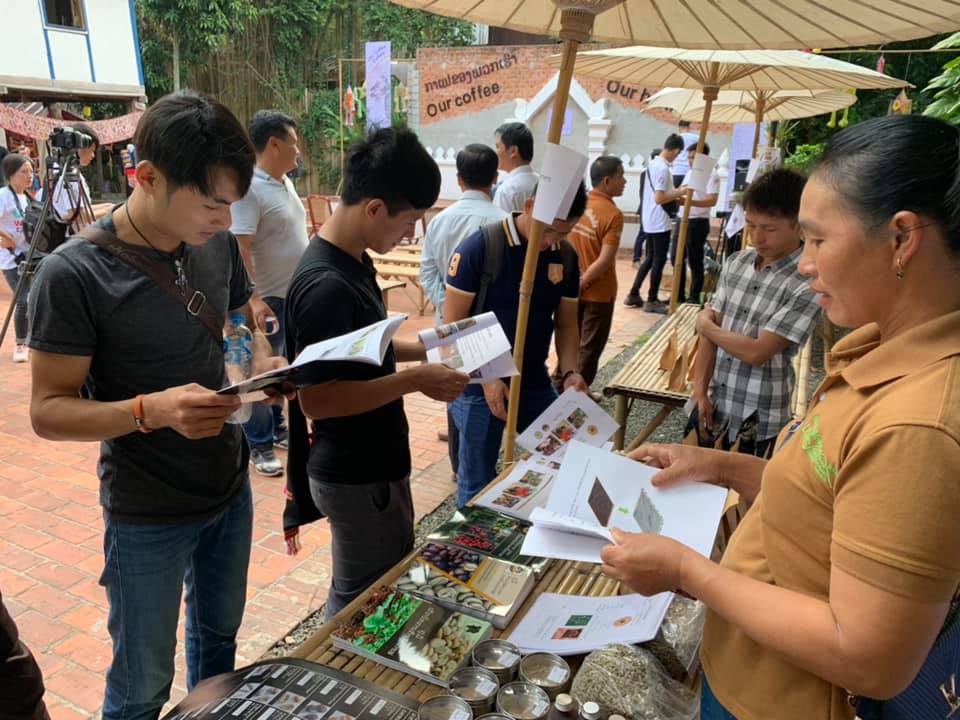The Lao Coffee Notebook is now available! Produced by LURAS in cooperation with Comma Coffee, this unique notebook is packed with information about coffee production, processing roasting and brewing, including a map, statistics and a Lao-English wordlist, all of which has been beautifully illustrated by Tina at Helvetas.
You can download the complete notebook by clicking on this link: Lao Coffee Notebook, Lao version, pdf 7.8MB
Here is a selection of the pages …

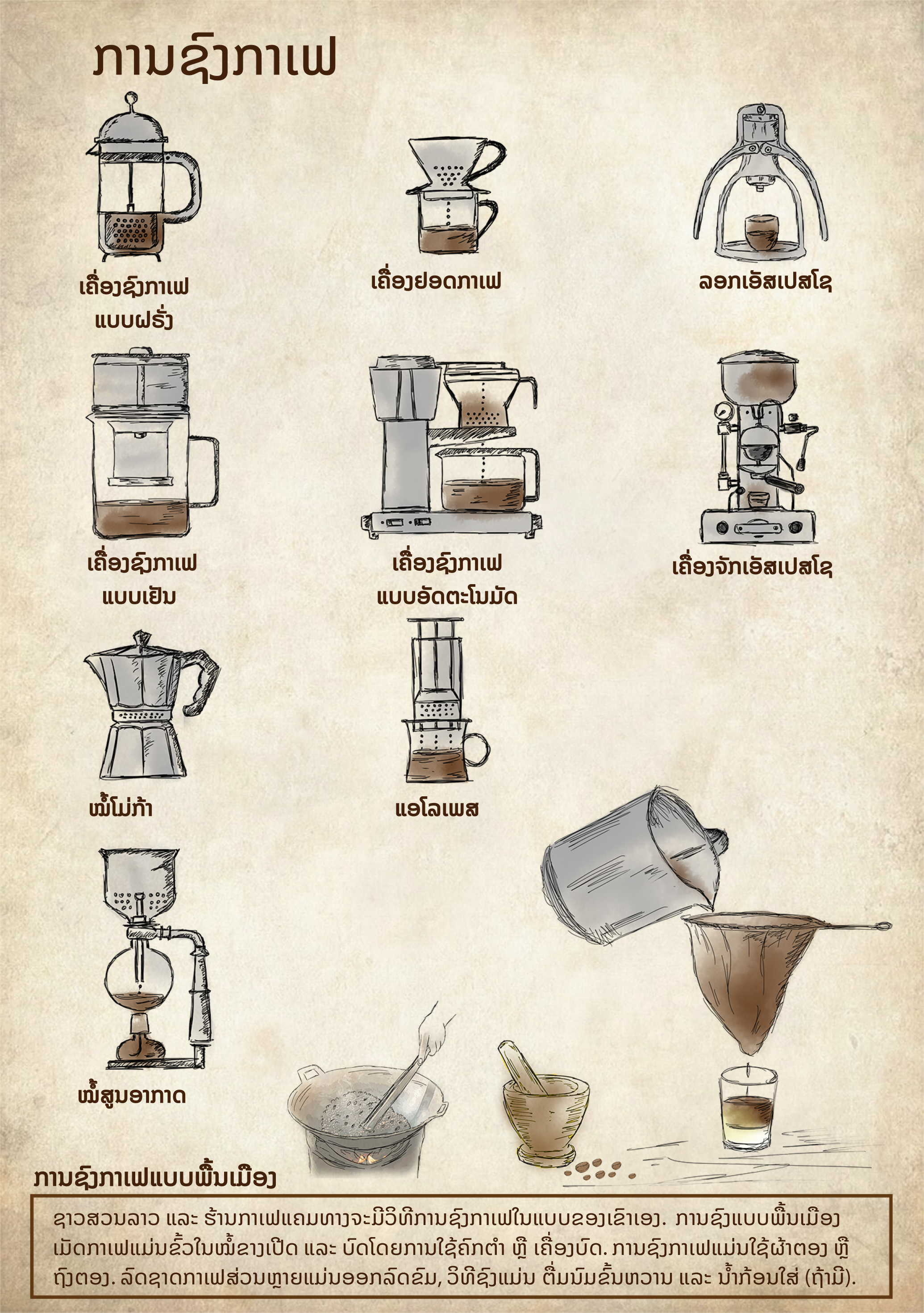


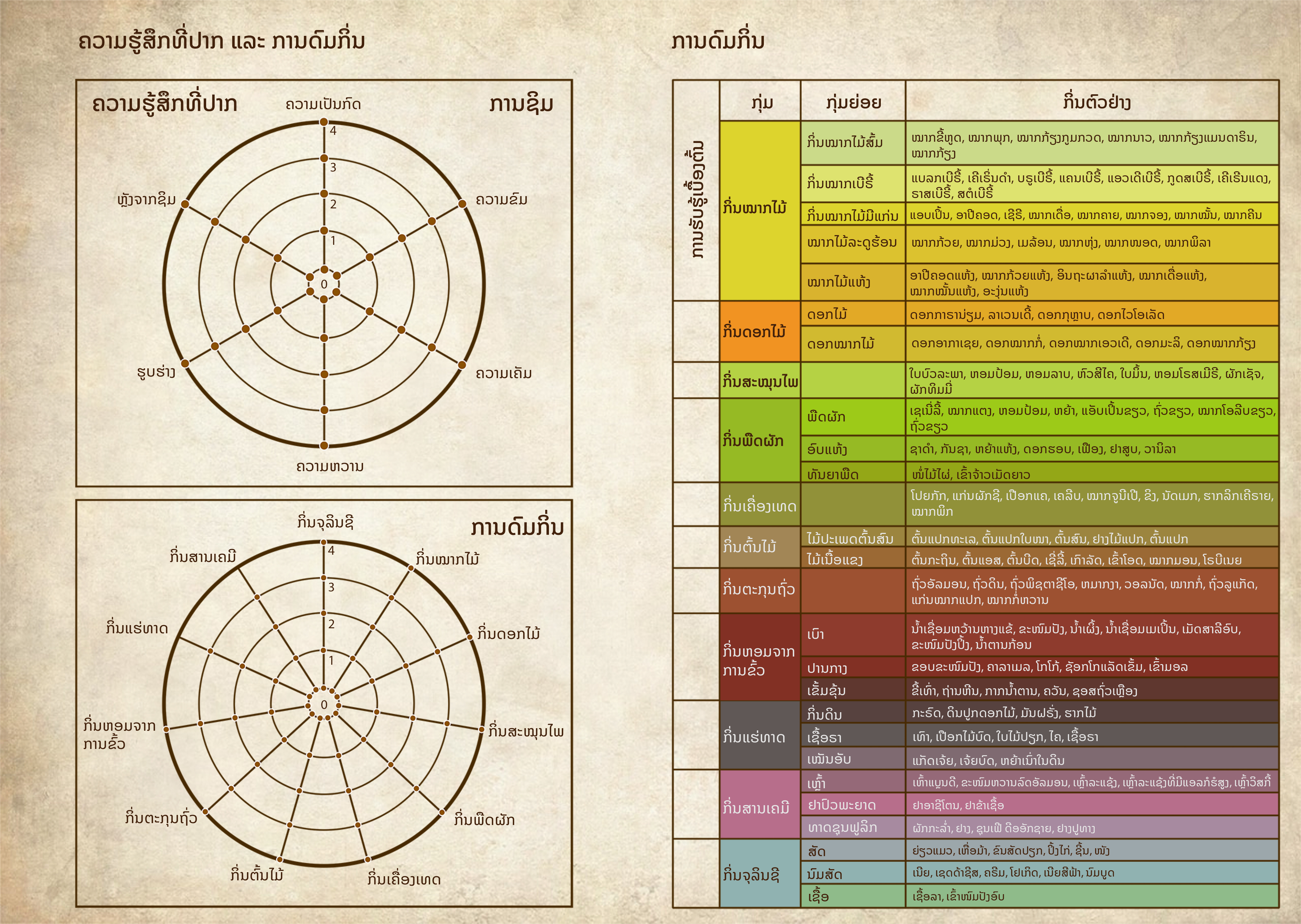




You can get your copy of the notebook for free from the LURAS-Keoset booth at International Coffee Day or at Comma Coffee. These files can also be used for educational purposes in your own organisation or project, but please credit LURAS & Comma.


